Product Series
DD Series Refrigeration Air Cooler For Walk In Cold Room
- Product Description
 +86-18082061600
+86-18082061600

-
Troubleshooting measures for frost on the evaporator unit1. Check and adjust the refrigeration system's operating parameters Confirm that the evaporat...
READ MORE -
The Difference Between an ICE Machine and a Home Ice Maker 1. Design Capacity and Power Range The ICE Machine is designed for industrial mass producti...
READ MORE -
1. Core FunctionThe heat exchange core of cooling and heating: The air conditioner evaporator evaporates the refrigerant from liquid to gas under low ...
READ MORE -
Different Types of Ice MakersIce makers can be classified by ice shape, application, and refrigeration method. The most common categories are: Type...
READ MORE
Overview
1. Industry Overview
The DD Series refrigeration air coolers are specifically designed for walk-in cold rooms, providing efficient cooling solutions for large storage spaces that require controlled temperature environments. These units play a crucial role in various sectors, including food preservation, pharmaceuticals, and industrial applications, ensuring product integrity and compliance with safety standards.
2. Market Demand
- Growing Cold Storage Needs: The demand for walk-in cold rooms is increasing, driven by the expansion of the food service industry, grocery retail, and pharmaceuticals, all of which require reliable refrigeration solutions.
- Focus on Energy Efficiency: Businesses are increasingly seeking energy-efficient cooling systems to reduce operational costs and minimize their environmental footprint, prompting a shift towards high-performance air coolers.
- Regulatory Compliance: Stricter regulations regarding food safety and storage conditions are pushing organizations to invest in advanced refrigeration technologies that meet compliance standards.
3. Product Features
- Optimized Cooling Performance: The DD Series air coolers are designed to deliver uniform cooling throughout the cold room, ensuring consistent temperatures that are critical for preserving sensitive products.
- Robust Construction: Built with durable materials, these units are engineered to withstand the demanding conditions of commercial cold storage environments, ensuring long-term reliability and performance.
- User-Friendly Design: Features such as easy access for maintenance and intuitive controls enhance usability, allowing operators to monitor and adjust settings with ease.
4. Applications
- Food Storage: Widely used in supermarkets, restaurants, and food processing facilities, these air coolers help maintain optimal temperatures for perishables, extending shelf life and ensuring quality.
- Pharmaceuticals: In healthcare settings, walk-in cold rooms equipped with DD Series air coolers are essential for storing medications and vaccines that require specific temperature control.
- Floral and Plant Storage: These units are also utilized in floriculture, where precise temperature control is necessary to keep flowers and plants fresh during storage.
5. Future Development Trends
- Integration of Smart Technology: The adoption of smart refrigeration solutions is expected to grow, with features that allow for remote monitoring, data analytics, and predictive maintenance, enhancing operational efficiency.
- Sustainability Initiatives: There is a growing emphasis on using environmentally friendly refrigerants and energy-efficient designs to align with sustainability goals and regulatory requirements.
- Enhanced Customization: Future models may offer greater customization options to meet specific user requirements, including adjustable airflow and temperature settings tailored to diverse applications.



 EN
EN
 English
English русский
русский Español
Español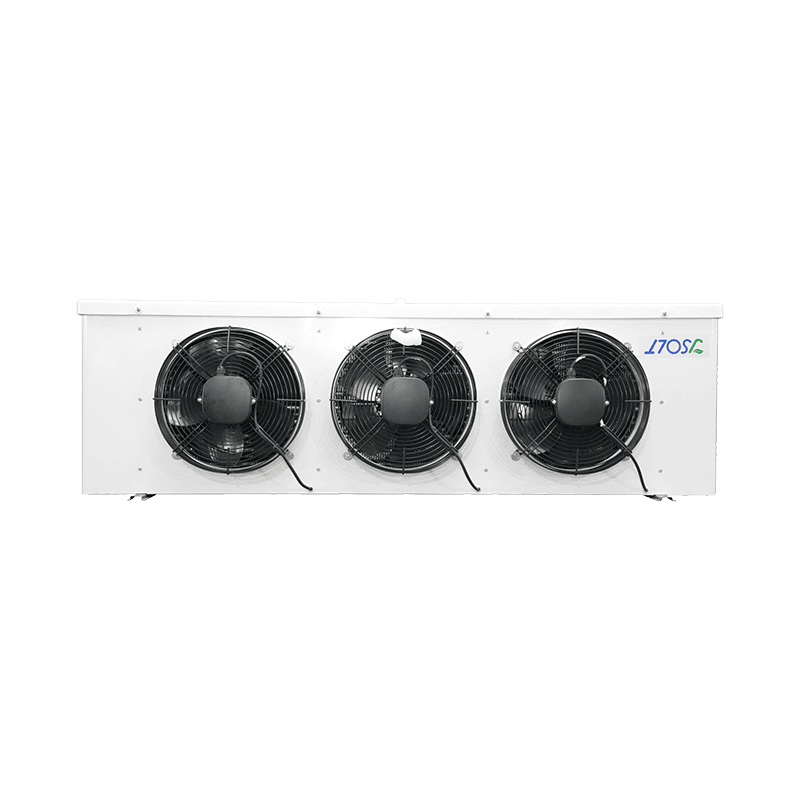
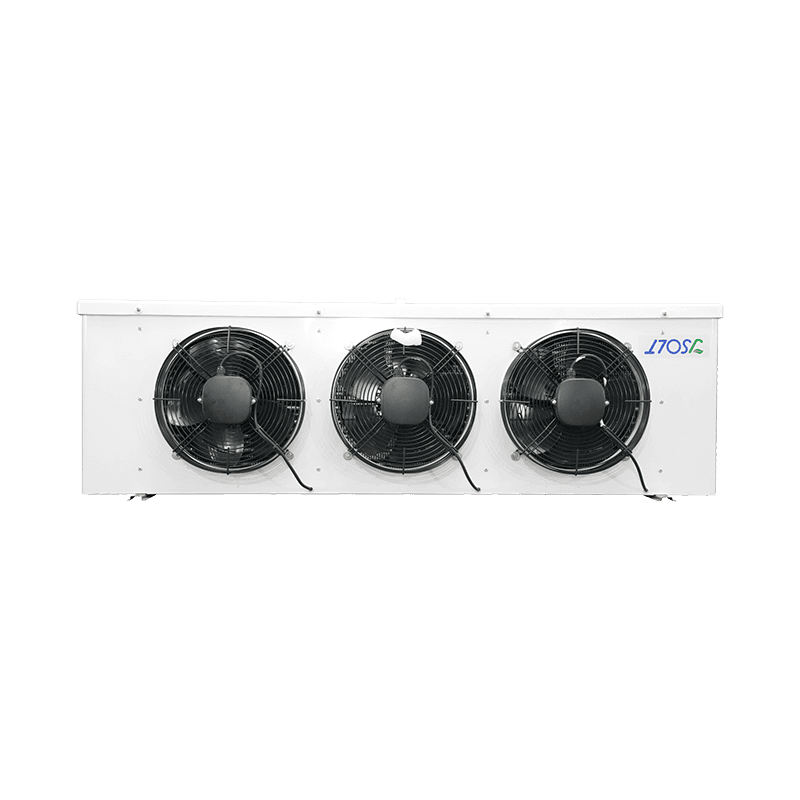
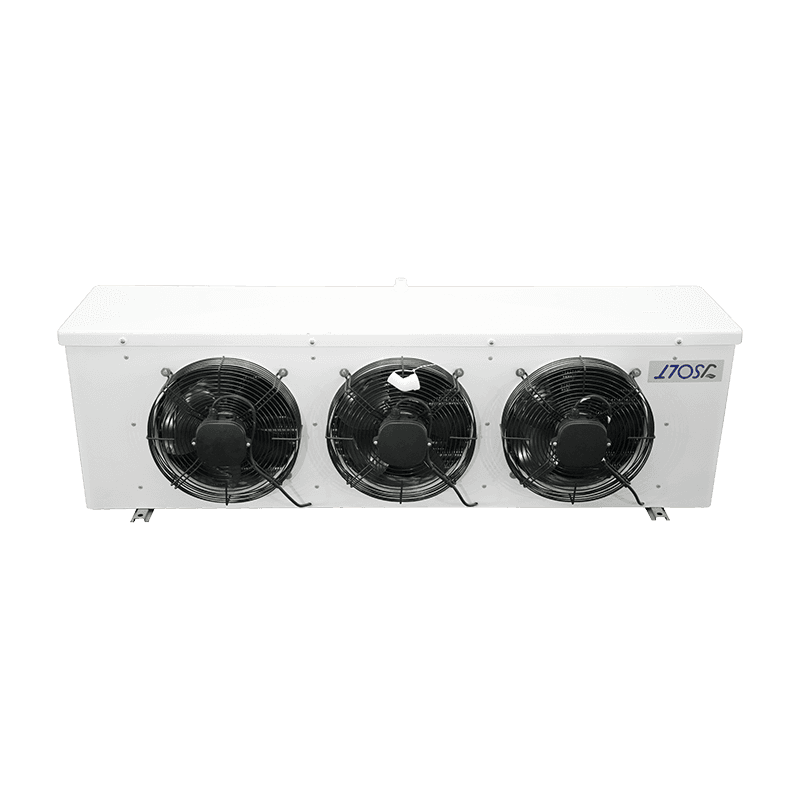
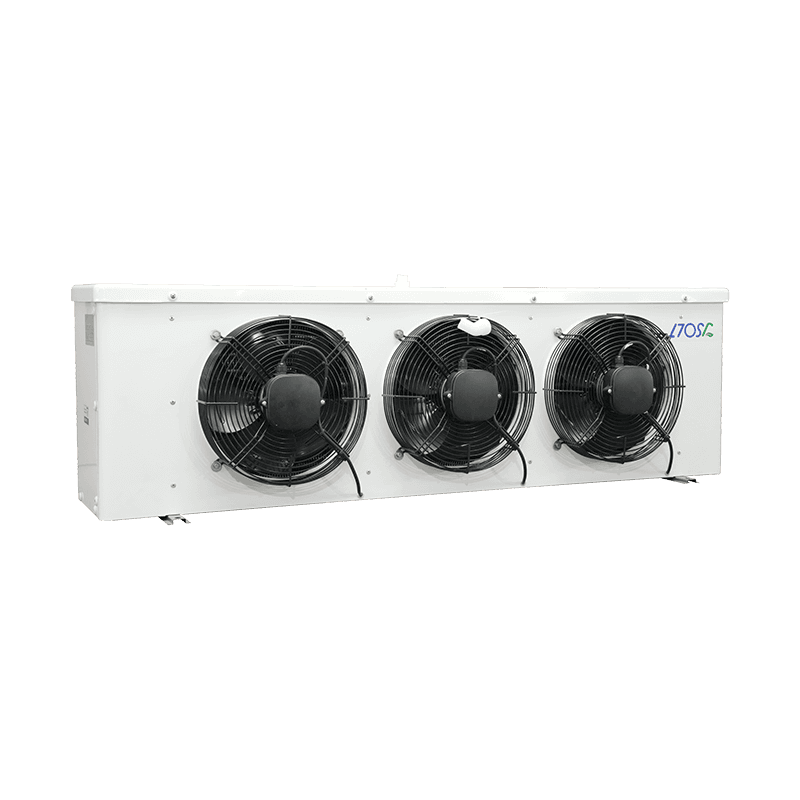
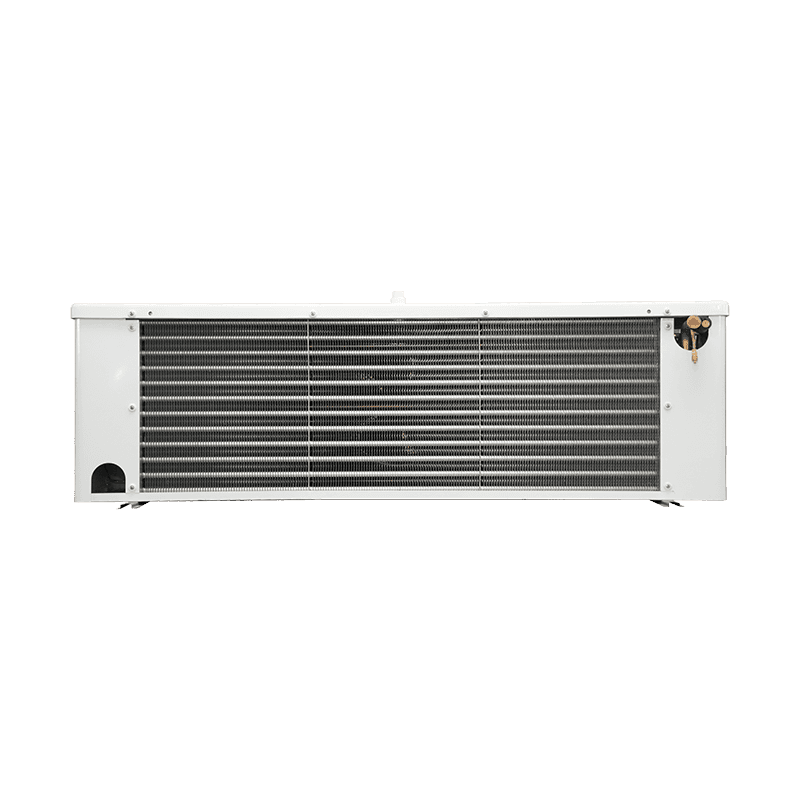
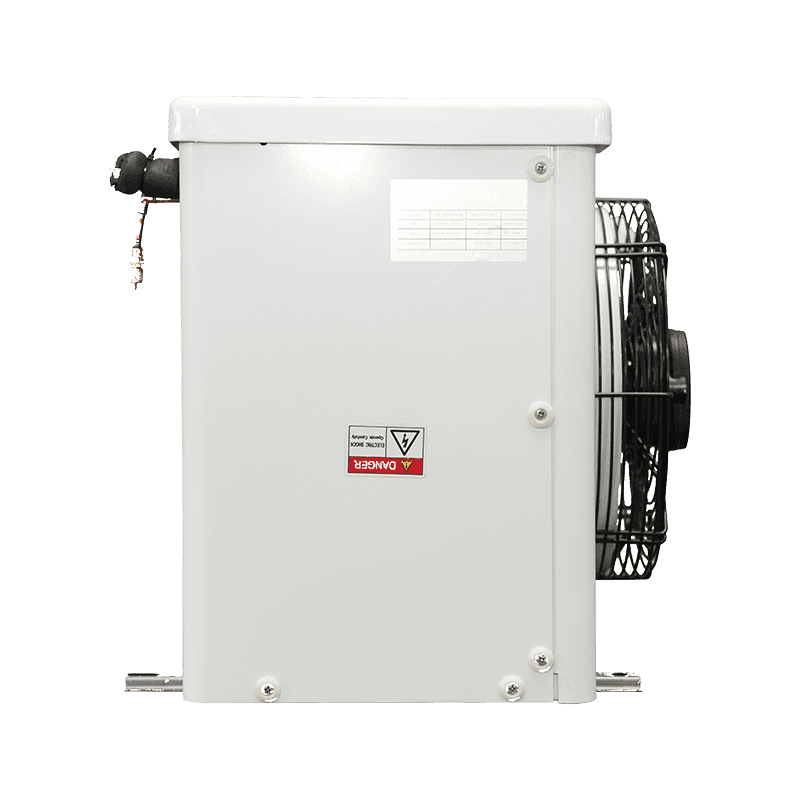
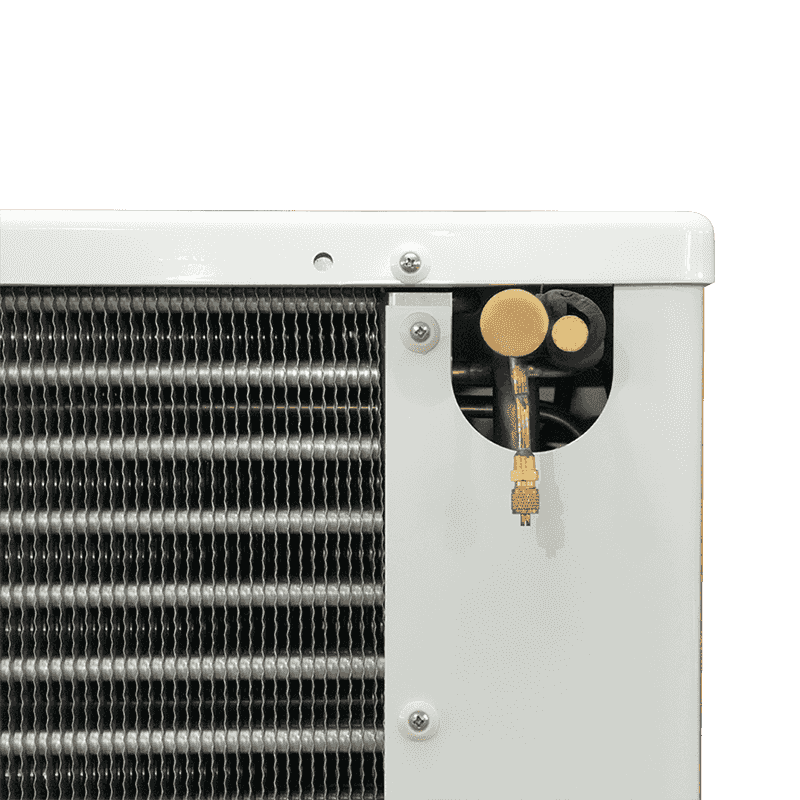

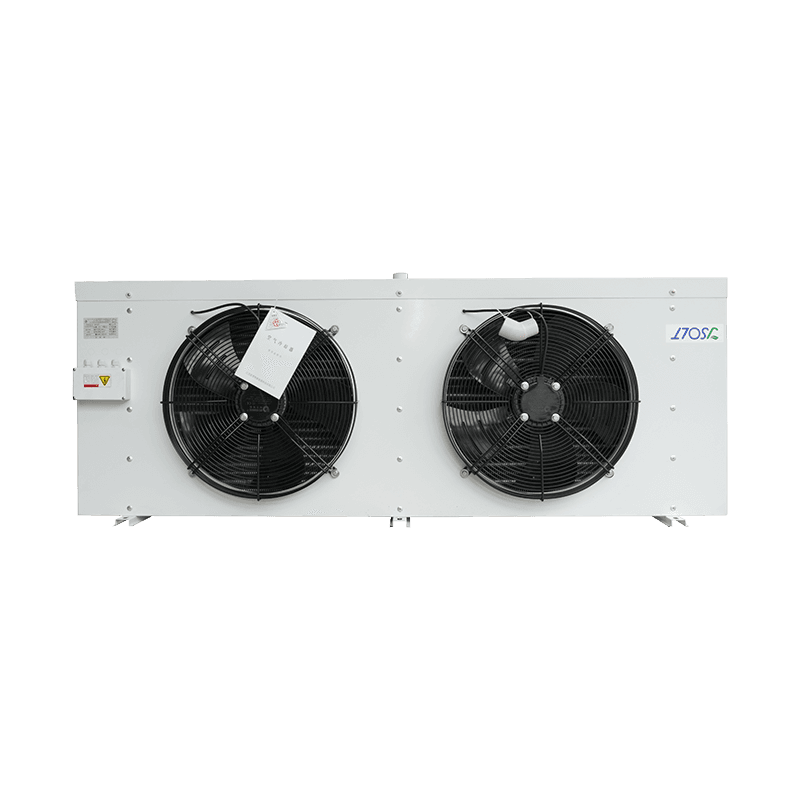
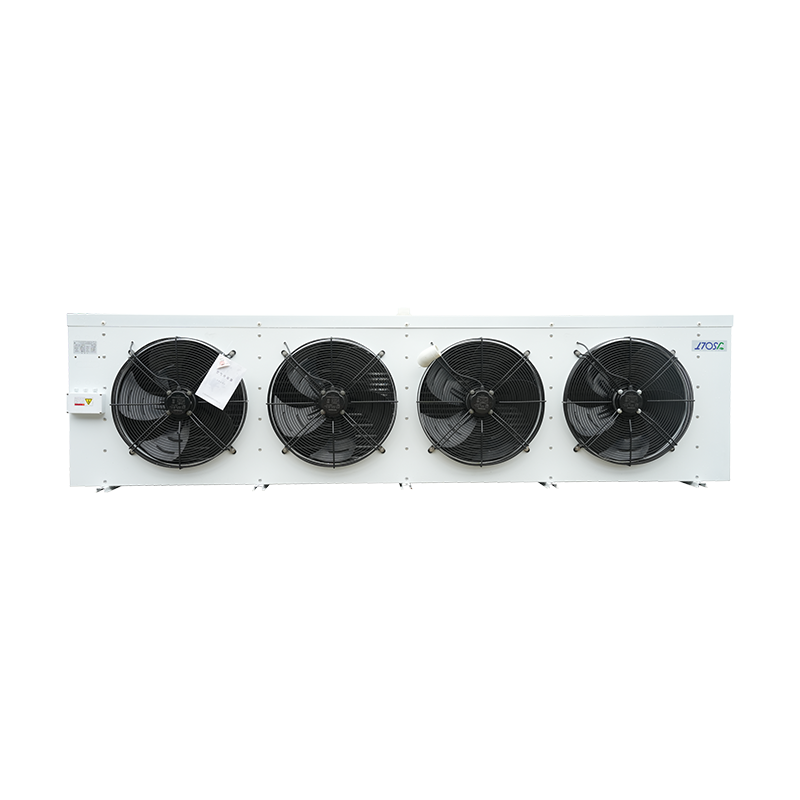












 224 Yongping Road, Science and Technology Enterpreneurship Park, Gaogang District, Taizhou City, Jiangsu Province
224 Yongping Road, Science and Technology Enterpreneurship Park, Gaogang District, Taizhou City, Jiangsu Province  +86-18082061600
+86-18082061600
